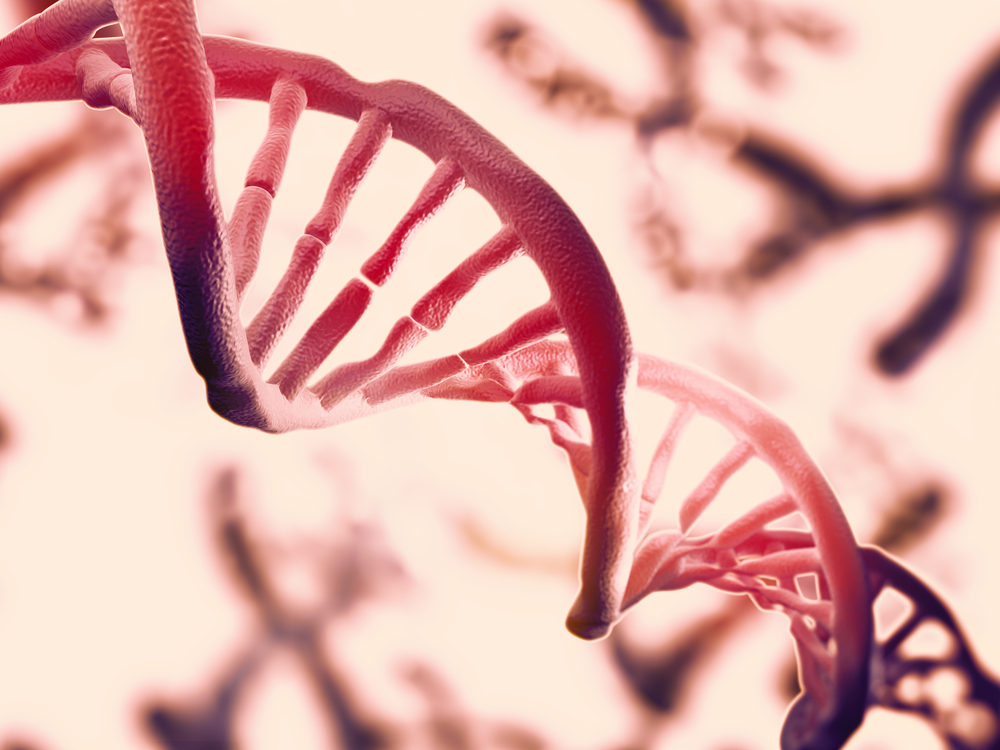Variants in Certain Gene Might Increase Alport Syndrome Severity in Females

Variants in the COL4A3 gene may account for Alport syndrome disease severity in female patients, according to a new study.
The study, “Female X-Linked Alport Syndrome With Somatic Mosaicism,” was published in the journal Clinical Experimental Nephrology.
Alport syndrome is characterized by chronic kidney disease that progresses to end-stage kidney disease, hearing loss, and visual abnormalities. Most patients (85%) have X-linked inheritance (XLAS), a form of Alport syndrome linked to variants in the COL4A5 gene located on the X chromosome.
Males with XLAS usually develop end-stage renal disease before age 30, but some have a milder form of the condition because disease severity depends on the frequency of COL4A5 variants across the cells in the body. It is not yet clear what factors determine disease severity in women with XLAS.
To investigate, researchers analyzed two cases of females with XLAS who had different COL4A5 gene variant frequency. Because not all cells of the body express the chromosome carrying the variant, female patients are expected to have a milder form of XLAS.
Case 1 was an adult woman with hematuria (blood in the urine) and case 2 was an 11-year-old girl with hematuria and proteinuria (proteins in the urine). Because of the symptoms shown by the child with XLAS, researchers considered her case severe.
Researchers performed more analyses in the child to understand the reason for her disease severity. The team identified a pathologic variant in the COL4A3 gene, which they believed to be at least partially responsible for the child’s symptoms.
“Although the variant c.3691G>A in COL4A3 is novel and the father and the sister, who possessed the same variant, did not show urinary abnormalities, predicting software recognized this variant as pathogenic,” the authors wrote. “It is, therefore, suggested that this variant affected severity in this particular case.”
The researchers agreed that more studies of disease or kidney function-related susceptibility are warranted to understand the molecular mechanisms behind female XLAS and the severity of disease.







Leave a comment
Fill in the required fields to post. Your email address will not be published.